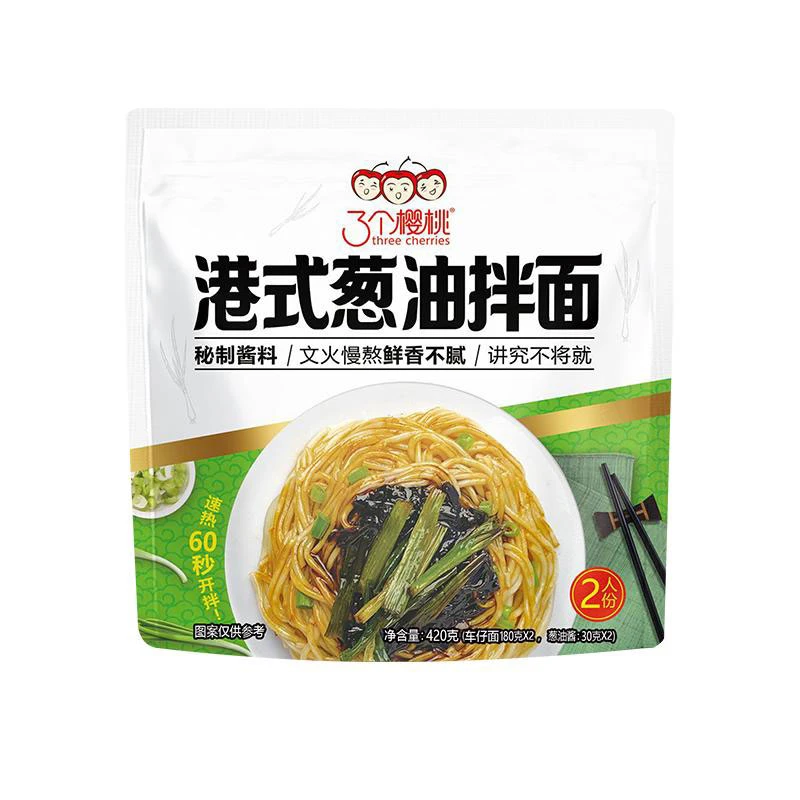Are Buckwheat Noodles Safe for Those with Gluten Sensitivities?
Are Buckwheat Noodles Gluten Free?
Buckwheat noodles, often referred to as soba in Japanese cuisine, have gained popularity for their unique flavor, nutritional profile, and versatility in various dishes. One of the pressing questions for those with dietary restrictions, particularly individuals with celiac disease or gluten sensitivity, is whether these noodles are gluten-free. Let's delve into the nature of buckwheat and its implications for gluten intolerance.
What is Buckwheat?
Despite its name, buckwheat is not a grain but rather a seed that is part of the Polygonaceae family, which makes it entirely different from wheat and other gluten-containing grains. This distinction is crucial for those who cannot consume gluten, a protein found in wheat, barley, and rye. Buckwheat itself does not contain gluten, making it an excellent alternative for gluten-free diets.
Understanding Buckwheat Noodles
Soba noodles can be made entirely from buckwheat flour, or they can be a blend of buckwheat and wheat flour. It's essential to check the packaging or inquire about the ingredients to determine if the specific soba noodles are gluten-free. Some manufacturers produce 100% buckwheat noodles, which are safe for gluten-sensitive individuals, while others may add wheat flour to enhance the noodle's texture and flavor. This is why it's vital to read labels carefully.
Nutritional Benefits of Buckwheat Noodles
Buckwheat noodles offer several nutritional advantages. They are rich in important nutrients such as fiber, protein, and various minerals like magnesium and iron. Fiber aids digestion and helps maintain a healthy gut, while the protein content is beneficial for muscle repair and growth. Additionally, buckwheat is a great source of antioxidants and has anti-inflammatory properties, making it a nutritious choice for various diets.
are buckwheat noodles gluten free

Cooking and Serving Suggestions
When cooking buckwheat noodles, it's relatively straightforward. They usually cook in about 4 to 6 minutes, which is quicker than many traditional pasta types. It’s essential not to overcook them, as they can become mushy. After cooking, rinse the noodles with cold water to stop the cooking process and prevent sticking.
Buckwheat noodles can be served in many delightful ways, from cold noodle salads dressed with sesame oil and soy sauce to hot noodle soups rich with vegetables and proteins. They can absorb flavors well, making them a versatile ingredient in both traditional Asian recipes and innovative fusion dishes.
Cautions for Gluten-Sensitive Individuals
While buckwheat is safe for gluten-sensitive individuals, cross-contamination can occur during processing. For those with severe gluten intolerance, it's advisable to seek out brands that explicitly state they are processed in gluten-free facilities. Certified gluten-free buckwheat noodles are the best option to ensure safety.
Conclusion
In summary, buckwheat noodles, when made entirely from buckwheat flour, are gluten-free and can be a fantastic addition to a gluten-free diet. They bring unique flavors and numerous health benefits to the table while allowing individuals with gluten sensitivity to savor delicious dishes without concern. However, it is essential to be vigilant about product labeling and cross-contamination to ensure a safe and enjoyable culinary experience. With careful selection, buckwheat noodles can be a nourishing and delightful choice for everyone, whether gluten-sensitive or not.
-
Exploring Traditional and Modern VarietiesNewsAug.26,2025
-
Exploring the World of Bulk Ramen NoodlesNewsAug.26,2025
-
Choosing to Buy Ramen Noodles in BulkNewsAug.26,2025
-
Fast Cook Noodles: Convenient Staples for Modern LifestylesNewsAug.23,2025
-
Italian Noodles: Versatile Staples of Global CuisineNewsAug.23,2025
-
Italian Noodles: A Timeless Culinary HeritageNewsAug.23,2025
-
Instant Cold Noodles: A Refreshing Culinary ConvenienceNewsAug.23,2025
Browse qua the following product new the we







